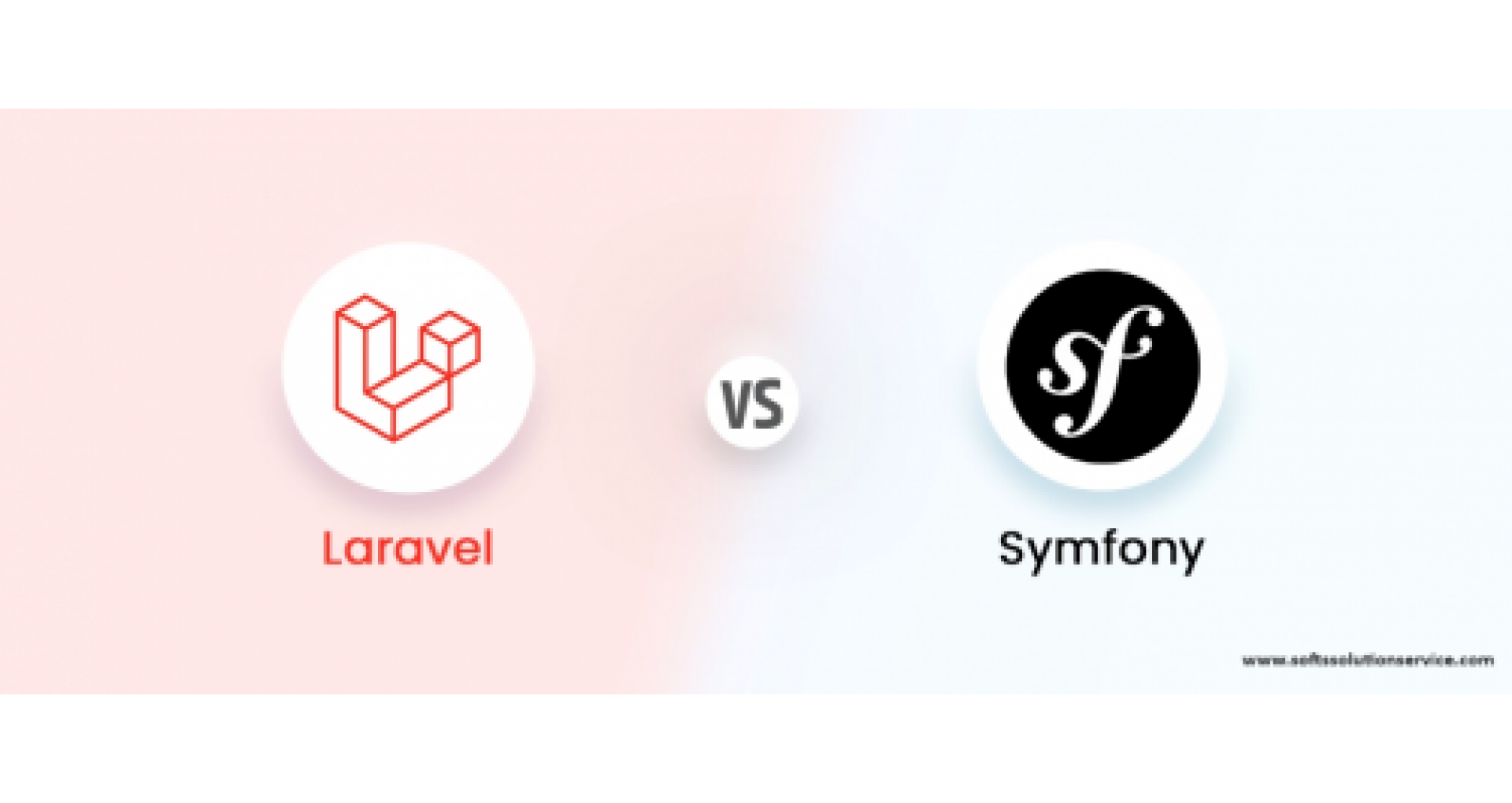
Frameworks Face-off: Laravel vs Symfony in PHP Development
In the realm of PHP development, the choice of framework can significantly influence the success of your projects. Two of the most popular PHP frameworks, Laravel and Symfony, often stand at the forefront of discussions among developers. Each comes with its own set of features, advantages, and unique characteristics that make it suitable for different types of projects. This article delves into a detailed comparison of Laravel and Symfony, helping you decide which framework best suits your needs.
Laravel: The Modern PHP Framework
Laravel, created by Taylor Otwell, has quickly become one of the most popular PHP frameworks. Known for its elegant syntax and developer-friendly features, Laravel is designed to make the development process enjoyable and efficient.
Key Features of Laravel:
- Eloquent ORM: Laravel's Eloquent ORM is a powerful ActiveRecord implementation that simplifies database interactions. It allows developers to work with databases using an expressive syntax.
- Blade Templating Engine: Laravel’s Blade templating engine offers a simple yet powerful way to structure views, making it easier to create and manage the user interface.
- Artisan CLI: Laravel comes with a robust command-line tool called Artisan, which automates repetitive tasks and speeds up the development process.
- Comprehensive Documentation: Laravel boasts thorough documentation and a vibrant community, providing ample resources for learning and troubleshooting.
- Laravel Ecosystem: Laravel’s ecosystem includes a variety of tools and libraries like Laravel Nova, Laravel Vapor, and Laravel Mix, which enhance its capabilities.
Advantages of Laravel:
- Ease of Use: Laravel’s intuitive syntax and clear structure make it easy to learn, especially for beginners.
- Rapid Development: Features like built-in authentication and routing simplify common tasks, allowing for rapid application development.
- Strong Community Support: With a large and active community, developers can find help and resources easily.
Symfony: The Versatile PHP Framework
Symfony, created by Fabien Potencier, is a flexible and robust framework that has been around since 2005. It is known for its extensive modularity and reusable components.
Key Features of Symfony:
- Reusable Components: Symfony’s architecture is built around reusable components, which can be used in various projects, enhancing efficiency.
- Twig Templating Engine: Symfony uses the Twig templating engine, which is both powerful and flexible, allowing for clean and maintainable code.
- Symfony Flex: Symfony Flex is a modern way to manage Symfony applications, streamlining the process of adding and configuring bundles.
- Excellent Performance: Symfony is designed for performance and scalability, making it suitable for large and complex applications.
- Comprehensive Documentation and Long-Term Support (LTS): Symfony provides excellent documentation and LTS versions, ensuring stability and security for enterprise applications.
Advantages of Symfony:
- Flexibility and Modularity: Symfony’s modular architecture allows developers to choose and integrate only the components they need.
- Enterprise-Level Projects: Symfony’s robustness and scalability make it ideal for large, enterprise-level applications.
- Best Practices: Symfony enforces best practices in web development, promoting clean and maintainable code.
Laravel vs Symfony: A Comparative Analysis
- Learning Curve:
- Laravel: Laravel is generally considered easier to learn, with a gentler learning curve, making it ideal for beginners and small to medium-sized projects.
- Symfony: Symfony has a steeper learning curve due to its complexity and flexibility, which may be challenging for beginners but rewarding for experienced developers.
- Performance:
- Laravel: Laravel performs well for most applications, but it might not be as optimized for very large-scale applications out of the box.
- Symfony: Symfony is known for its performance and scalability, making it a better choice for high-traffic and large-scale applications.
- Community and Support:
- Laravel: Laravel has a vibrant and active community, providing extensive resources, tutorials, and third-party packages.
- Symfony: Symfony also has a strong community, with professional support and comprehensive documentation, especially valuable for enterprise-level development.
- Flexibility:
- Laravel: Laravel offers a more opinionated approach, which can be beneficial for rapid development but may limit flexibility in some cases.
- Symfony: Symfony’s component-based architecture offers unparalleled flexibility, allowing developers to create highly customized solutions.
Conclusion: Which Framework Should You Choose?
Choosing between Laravel and Symfony depends on your specific needs, project requirements, and your team's expertise. If you are looking for a framework that is easy to learn, facilitates rapid development, and has extensive community support, Laravel might be the best choice. On the other hand, if you need a highly flexible and scalable framework that can handle complex, enterprise-level applications, Symfony is likely the better option.
Regardless of your choice, both Laravel and Symfony are excellent frameworks that can significantly enhance your PHP development projects. To master these frameworks and become proficient in PHP development, consider enrolling in a PHP Development Course or PHP Development Training program. Softs Solution Service offers comprehensive Online PHP Development Courses and Online PHP Development Training to help you become a skilled developer. For those in Ahmedabad, look for a reputable IT Training Institute in Ahmedabad or an IT Training Center in Ahmedabad to get hands-on experience and expert guidance.
Enhance your PHP development skills today and take your career to new heights with the right training and resources.